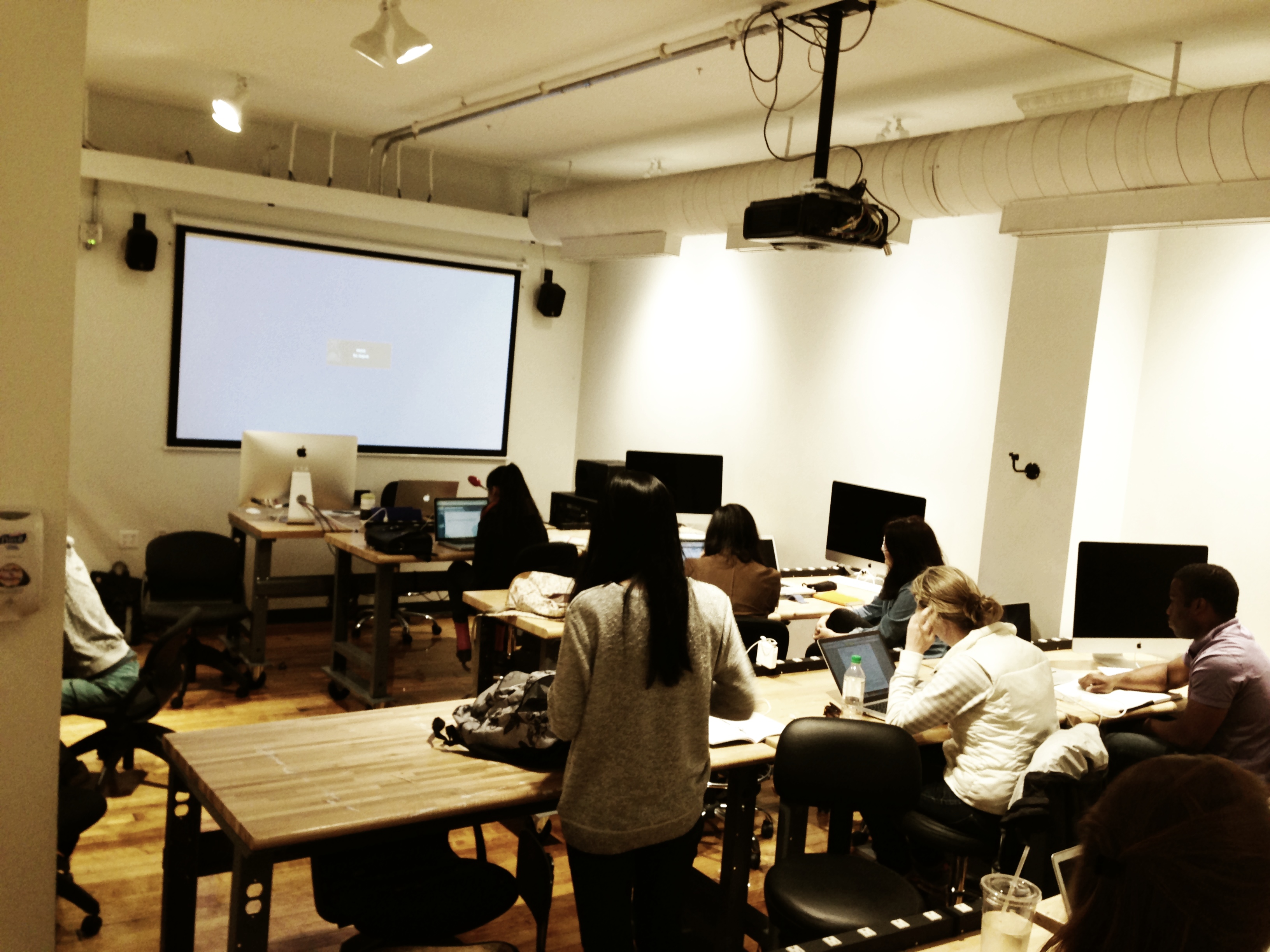
Last week was Week One of my new course at RISD, Investigating Normal: Adaptive and Assistive Technologies. About half the students are Industrial Design students, grads and undergrads, and about half are in the Digital + Media graduate program.
We got to know each other, talked about dispositions for designers, and looked at a whole bunch of projects together. I'm anticipating wide-ranging projects from students and looking forward to those explorations. I'll be documenting here as we go along.
Their short experiment for this week was taken from Jane Fulton Suri's Thoughtless Acts? Observations on Intuitive Design, a tiny little book of images that document all the subtle ways people shift, alter, and adjust behaviors and objects in response to environmental surroundings. Wrapping the tea bag's string around the mug's handle to keep it from falling in. Walking on the contrasting pattern on the floor. Hanging a jacket by its hood on a post.
Fulton Suri collects the conditions that we unconsciously respond to, showing how we exploit the properties of objects and utilize them in unorthodox ways, without really thinking about it. These are the most diminutive moves, and once you start widening your lens for "adaptations," you see them everywhere.
Fulton Suri has a loose taxonomy of these adaptations, so I've asked students to gather their own this week, and to label them accordingly—or to add their own categories: reacting, responding, co-opting, exploiting, adapting, conforming, and signaling.
This week we'll turn our attention to sensory processing, the autism spectrum, and pressure technologies. We have Brian Mullen, creator of the Vayu vest, speaking as our guest. More to come.